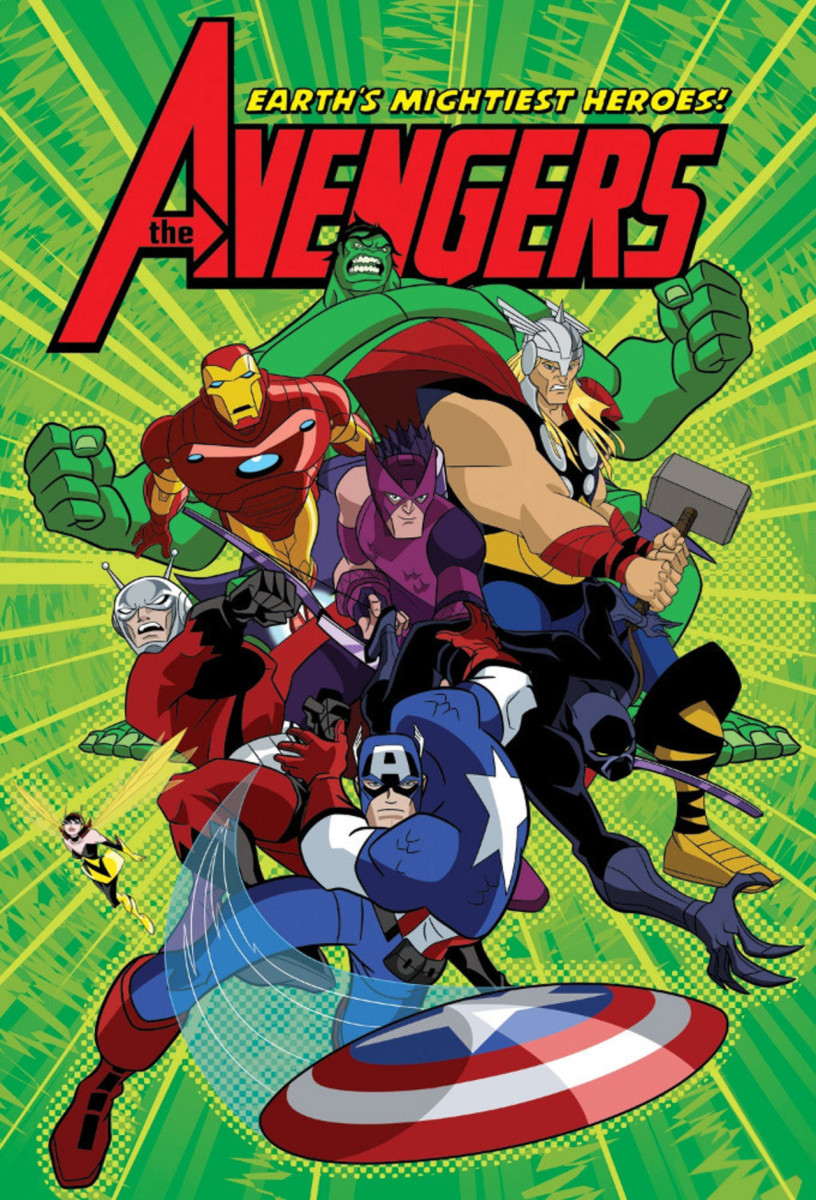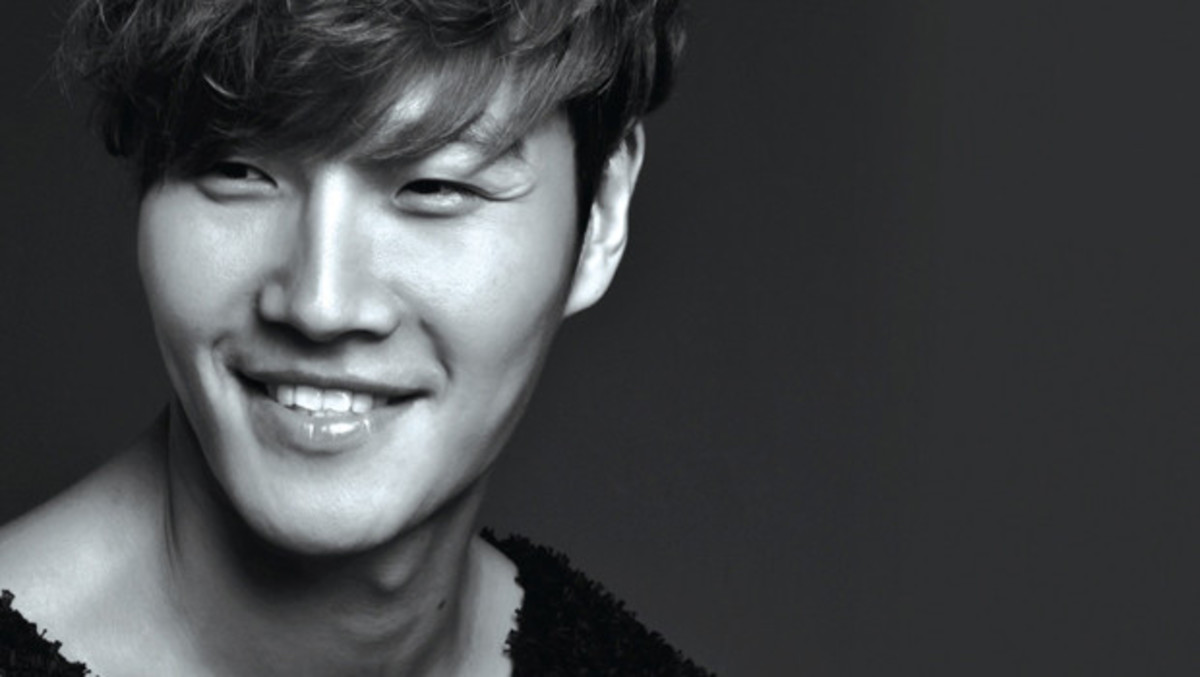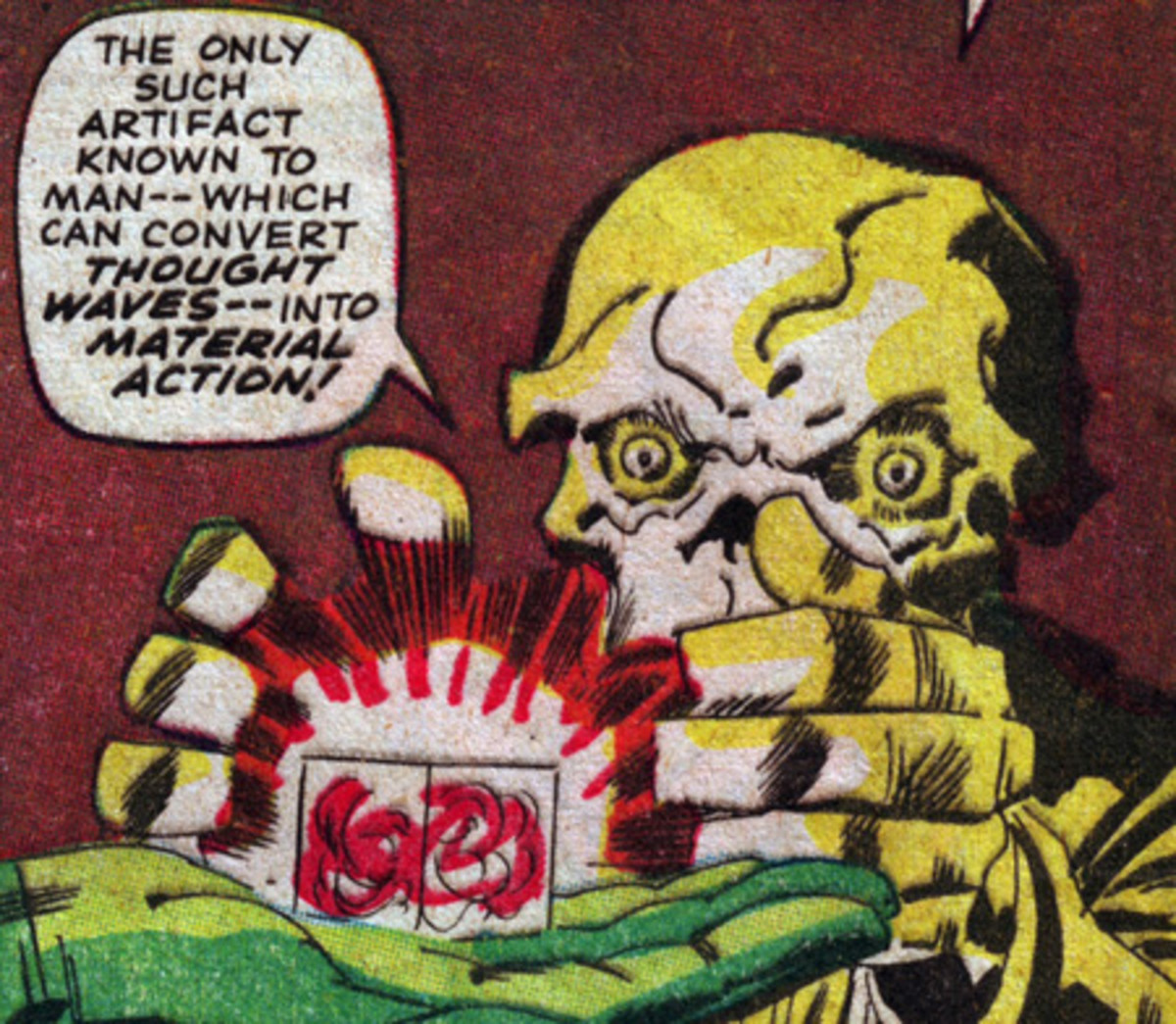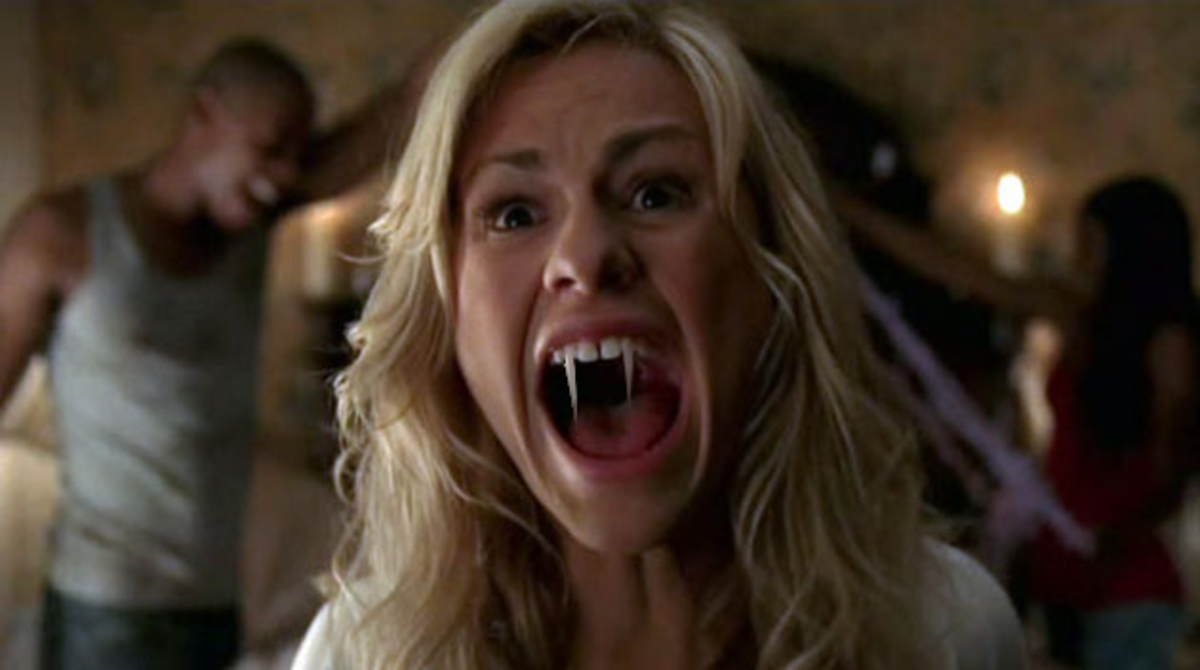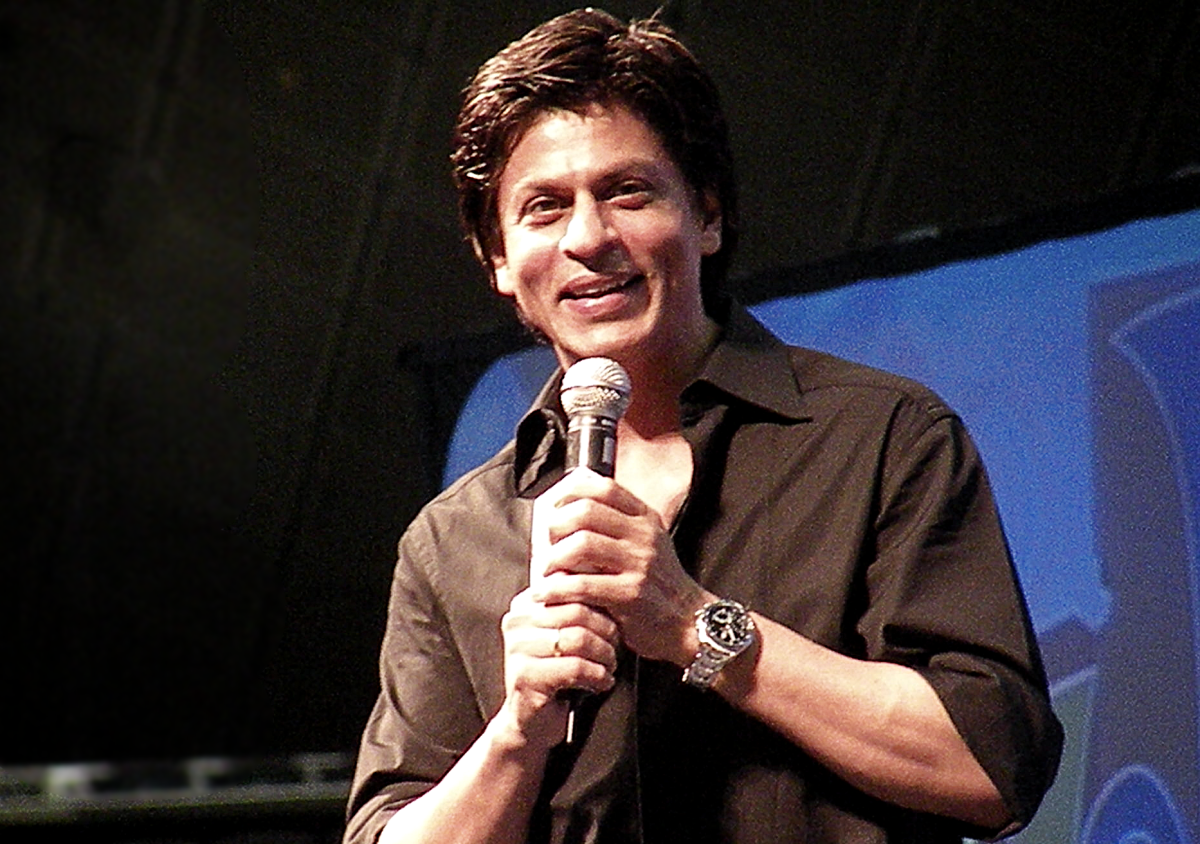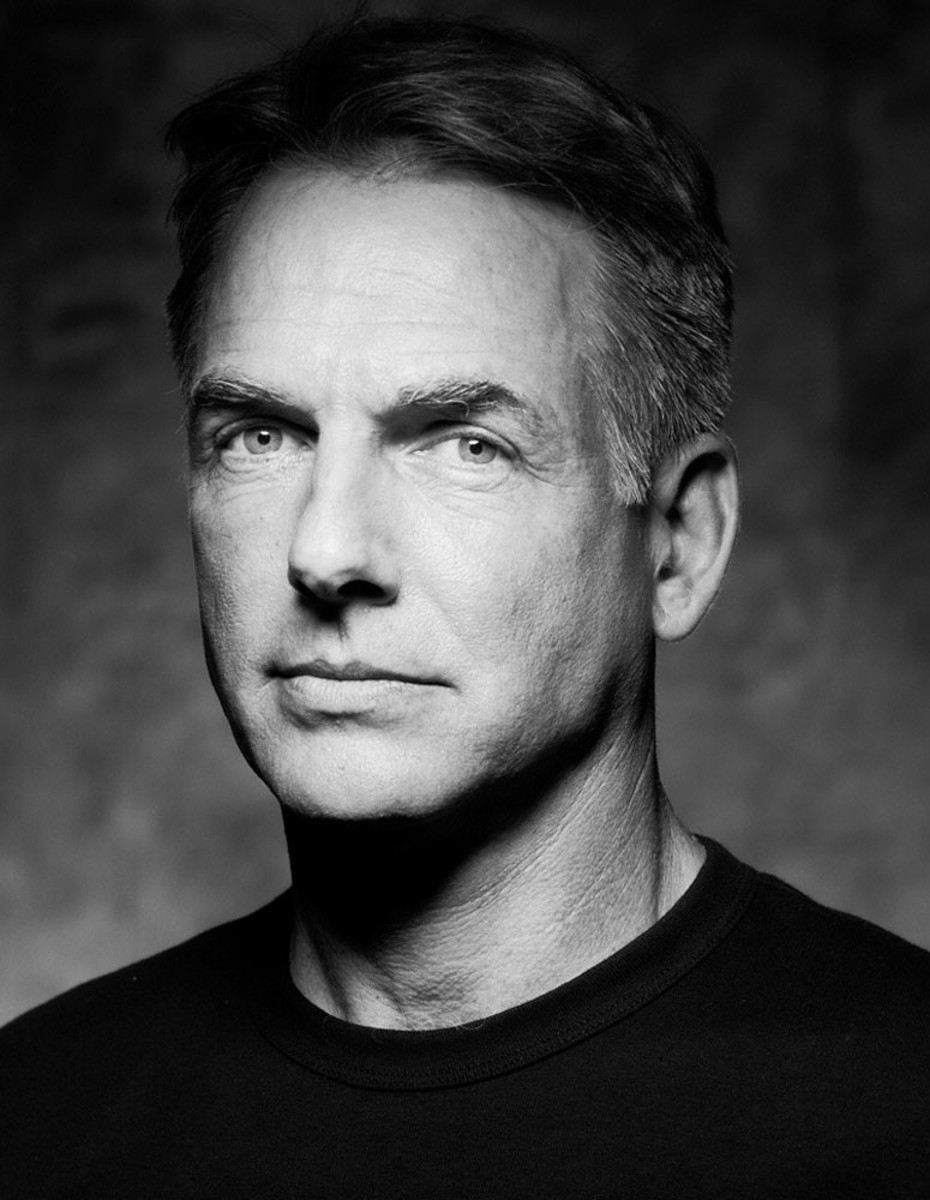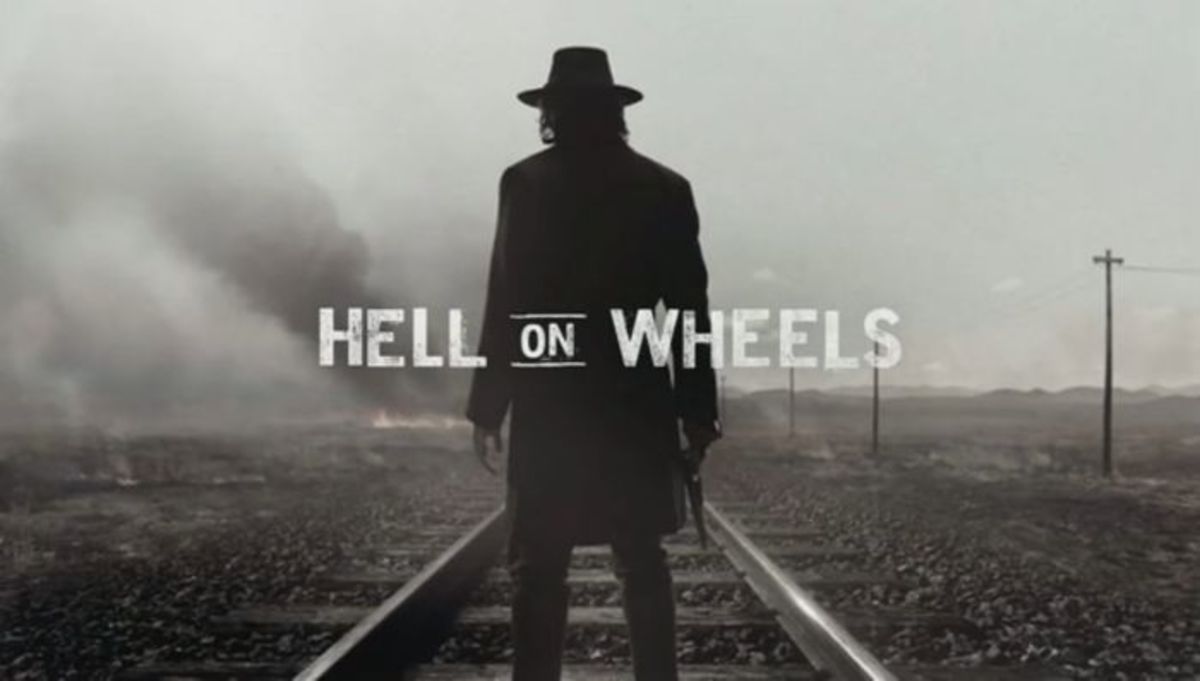Ten Essential Fourth Doctor Moments
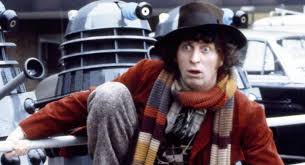
Jon Pertwee's Third Doctor sustained the integrity of the series as it was plunged into a similarly potentially jeopardising situation upon the departure of the beloved Patrick Troughton, and supported the extremity of the transition of the show to colour and the drastic pendulum swing of the character once again. He really took on the onus and emerged on the other side as a visionary realisation of a man for the marvellous contributions he made to the character of the Doctor. Some of the most prominent and esteemed of which were tactile skills of diplomacy, diligent preparation for action, a stubborn defence of all virtuous righteousness and preservation of innocent life, and even contrasts of his flair for eccentric narcissism and indulgence in audacity.
They were adulated and adored aspects that were either introduced or further enhanced within the character's definition, and so made his withdrawal from the custody of the key to the TARDIS incredibly poignant for Whovians, who were exponentially increasing in their abundant masses toward the end of his tenure. An untimely death of the Master's conducive representative, Roger Delgado, subsequently lead to an equally untimely and devastating exit from the fondly appreciative friend who had played the role of his remarkable rival on the screen, and those circumstances threatened to detract from the rapidly ascending profile of prestige for Doctor Who.
Fortunately, the BBC made one of the most astute and prudent decisions of sagacity they possibly could have when recruiting Tom Baker to epitomise the portrayal of the fourth incarnation of the Doctor, and he proceeded to redefine what the eccentricity of the character's prided possession within his institution in droves. Where his predecessors enchanted fans through the captivating immersion the vicarious experience of witnessing how their Doctors how they reacted to the imposition of usually beleaguering or poignant circumstances upon them as the constituents of the most dignified of their moments, Tom Baker's Fourth Doctor exemplified what was very much the obverse output in contrast to them-Instead gaining his iconic exaltation due to the ways in which he imposed his own burgeoning presence and quirky fluctuations of personality upon the comprising elements of the environments surrounding him, with a reckless abandon.
He commanded an arresting appeal to audiences and to his peers accompanying him on the screen,and could literally oscillate from facetious, buoyant and charming, to morose, contemplative and sombre, to fastidious, diligent and conscientious, to reckless, impulsive and juvenile, to infused, aggravated and violent in the flip of a dime. He encompassed the broadest spectrum of contradictory versatility that the character had cultivated to that point in his personal time screen. It could have been discordant and repulsive. It was anything but. He amassed an admirable accumulation of iconic and definitive moments that were exhibited with ceaseless extravagance, and indomitable spirit. There are far too many to fully summarise with their due deference, but a modest collection of the best are acknowledged in the following reverential listicle.
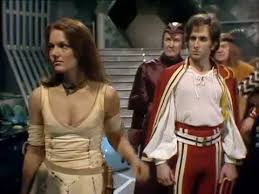
10. Farewell, Leela(The Invasion Of Time)
The Fourth Doctor has been the beneficiary of monumentally significant moments, subtle, but essential moments, and entire parables that have exploded out onto the science fiction television scene in full-blown resplendence, and the loss of Leela falls somewhere in a medial position within that gradation as, when viewed insularly in a vacuum, the specific instance of her departure from the TARDIS was seemingly incongruous as far as a justification of the terms of her rationale, and the impression it left was not the most enduringly poignant at that face value; But, when contextualised with its occurrence as a subsequence of the attempted double invasion of the Doctor's very own home planet, Gallifrey, from both the Vardans and the Sontarans, it was jarring and distressing for the Doctor and the audience-Perhaps more than either were able or willing to articulate, or even admit to.
The fact that there remains a lingering lack of finality and a sense of obscurity as to precisely why she determined it necessary to leave the Doctor for her own sanctity and good only serves to worsen the matter, and although the Doctor had been left in a position of isolated solitude before, the perpetual revolving carousel of companions ephemerally passing him by was an increasingly exhausting and frustrating burden to bear for the eternal wanderer of time; That is what did become lucid in that moment.
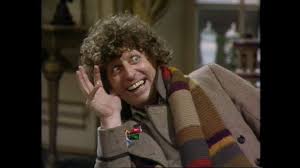
9. "What A Wonderful Butler"(City Of Death)
As illustrated, the Fourth Doctor in particular had such a broad sundry of moments to draw from to extrapolate implicated denotations about the very fabric of his character, that it could be elements from anything down to the minutia of passing remarks that could be worthy of vaunted cultivation-And when, in the initial encounter with the Countess who was abetting the felonious deeds of the being Scaroth(who was intent upon stealing the Mona Lisa painting with the purposeful ambition of extorting it to fund his time travel project) which was impelled by the forceful propulsion of the bizarre bastion of hope and heroism into the drawing room where the exchange transpired but the butler Hermann, he could not refrain from making a facetious comment about it:
"I say, what a wonderful butler. He's so violent. Hello, I'm called the Doctor. That's Romana, that's Duggan. You must be the Countess Scarlioni and this is clearly a delightful Louis Quinze chair. May I sit in it? I say, haven't they worn well? Thank you, Hermann, that'll be all."
It was a throwaway line that was wielded with the intent of fabricating the opposite outcome of punctuating the severity of the issue at hand, as was standard procedure of the Fourth Doctor, and the Second before him. It was more a regular implemented tactic of the Doctor to rely on when in confrontations that required cerebral preconception of how he would utilise his verbiage in his aversion of outright acknowledging exactly how austere a scenario was, and was usually intended to lore his foes into the peril of falling prey to the lore of a false sense of security or assuredness-By leading them to believe he was far more simplistic and imbecilic than he was. Or otherwise, to infuriate his adversaries with the dismissive flippancy, or even misleading the most naive of them into believing that he was merely resiliently optimistic-Which he often was, but such was the duplicitous deviance lurking beneath the surface of the vibrant character.
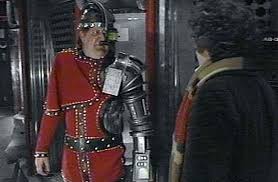
8. "But What's It For"(The Pirate Planet)
The Doctor, throughout all of their lives, has been recognised and praised for their moral integrity and convicted protection of those in need, in preservative pursuit of justice and righteousness in the universe. In a trial of the Doctor's commitment to such virtuous principles, the tyrannical sovereign queen, Xanxia, and the pirate Captain exploited the hollow planet, Zanak, by using it as a vessel to surround and immerse other, smaller planets, and to pillage through them to plunder their resources in perpetuation of the queen's life.
Another quandary of ethics for reasonable ends, but approached with dubious means, that provided the reassurance of the Doctor's own ethics, when some of his reckless abandonment of the conventional expectations of justice drew concerns over the solidity of them. Like many similar situations, the Doctor became engulfed in, it came to a foreshadowing culmination when the Doctor came into commune with them directly, and he found himself revolted with the deeds that the Captain had been culpable in. Almost immediately, he engaged in protest of those actions, reprimanding him in rhetoric through his diplomatic rationale:
"Hard to listen, isn't it, Captain, when someone's got a finger on a nerve. What is it you're really up to? What do you want? You don't want to take over the universe, do you? No. You wouldn't know what to do with it, beyond shout at it."
This was followed by the conversation shared between them, and it outlined their conflict of loyalties, establishing the divide between them:
CAPTAIN: I'm gratified that you appreciate it.
DOCTOR: Appreciate it? Appreciate it? What, you commit mass destruction and murder on a scale that's almost inconceivable and you ask me to appreciate it? Just because you happen to have made a brilliantly conceived toy out of the mummified remains of planets
CAPTAIN: Devil storms, Doctor! It is not a toy!
DOCTOR: What's it for? Huh? What are you doing? What could possibly be worth all this?
CAPTAIN: By the raging fury of the sky demon, you ask too many questions. You have seen, you have admired. Be satisfied and ask no more!
Despite the dubiousness of some of the Doctor's less pacifistic actions on occasion, it was essential moments like this that reassured fans that may have been disconcerted.
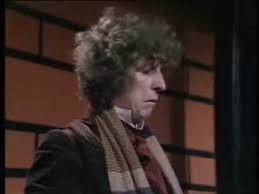
7. "Would You Like A Jelly Baby?"(Robots Of Death)
Another passing statement made almost subconsciously by the Doctor. Another phrase that was coined by him, along with many other memorable quotes of the Fourth, especially. And another phrase that precipitously accumulated an impressive popularity, that it became revered, referenced and homaged later by the Fourth Doctor again, and his successors on multiple occasions, in various paraphrased recitals of it. It was another testament to the jubilance and frivolity of the character, as the trivial fixation upon such an inane sweet, when there are almost always far more pressing matters at hand, is a fad that many would simply associate and attribute synonymously with that of a juvenile.
But it is all par for the course of diverting focus from the severity of a perturbing circumstance that would otherwise threaten the send an entire situation spiralling into potential despair. An icebreaker that the Doctor offered to his enemies and his allies as a symbolic gesture of courtesy, and the often contemptuous decline of them presented the most opportune moment for an injection of humour into the scene-This first instance was in the interaction between the Doctor and Borg, an irascible figure who had been targeted for assassination by the robot Super Voc SV7. His irritability gave the Doctor the perfect opportunity to exhibit his hysterical, but reserved rambunctiousness:
DOCTOR: Would you like a jelly baby?
BORG: Shut up!(Knocking the bag out of the Doctor's hand)
DOCTOR: A simple no thank you would have been sufficient.
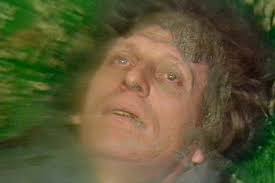
6. Regeneration(Logopolis)
An archetypical quintessence of the agenda of the show, the regeneration is an unbelievably anticipated and clamoured for event throughout the plenitude of affairs that have transpired many many times across the course of the Doctor's life. An emphasis is placed upon it to an astronomical extent, and justifiably so-It is an impermanent, but most veritably existential death of the valiant protagonist, after all. The Doctor had engaged in the righteous plight of attempting to prevent the inadvertent repercussions of the heinous enterprises of his arch-nemesis, the Master, as the scheming and wretched miscreant, and the contrition of the Master's fallacious execution had lead to the consequent unravelling of the complexion of the universe.
This lead the pair across the universe as they called a truce to not impede one another, from Earth all the way to Logopolis, and reached a climactic culmination when the Doctor climbed to the summit of a tall structure to adjust the radio telescope of the resolving Pharos Project to prevent the transmission of the CVE program that the Master intended to blackmail the universe with in the staging of a mutiny, and permitted opportunity to exact a transgression that stunned and devastated the companions of the Doctor that had only been graced by his presence for a short period of time-Fleeing the scene, and leaving the Doctor to plunge to the ground, and impelling the regeneration that was abetted by the ubiquitous, foreshadowing Watcher, whom the entity of the Doctor had been masquerading as.
He uttered a final sentiment of profound and wise acceptance; "It's the end.....But the moment has been prepared for" addressed to Adric, Nyssa and Tegan Jovanka, who were swarmed around him in concern after experiencing delirious visions of his former allies calling out to him, beckoned for the Watcher, and merged with him to commence the transformative process. New beginnings were on the horizon, and it was an ambivalent ending of melancholy but simultaneous celebration that allowed that beginning to happen.
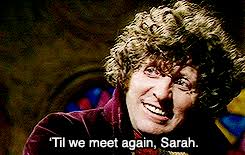
5. Farewell, Sarah Jane Smith(The Hand Of Fear)
As the companion present when he came into being, Sarah Jane Smith was one of the privileged, but traumatised few who were in attendance to experience the ensuing disarray in the aftermath of a regeneration. That alone immediately established her impeccable credentials as a salient contributor of distinguished and exceptional contribution to the Doctor's life, but the fact that she had been such a prominent feature through many of his lives, that he returned to visit her multiple time, and could never truly abandon her-Even after reluctantly leaving her in Glasgow, which he mistook for her indigenous area of habitation of Croydon, upon demand of his return to Gallifrey from the Time Lords.
There were few words exchanged, but there was a mutual sense of solemnity and sorrow as they both recognised that, after all of the incredibly extraordinary adventure they had endeavoured upon together and all of the evolving as individuals they have accomplished commensurate to one another(as they learned things from each other throughout), the time had come for them to desist. The poignance stemmed from that very implication, and the contextualised guarantee that they would never forget those fantastic adventures. They were well cognizant of that themselves, and although they knew that the memories would be as much cause for satisfied nostalgic recollection as sorrow, they couldn't refrain from seeking reassurance:
DOCTOR: We've landed.
SARAH: Where?
DOCTOR: South Croydon. Hillview Road, to be exact.
SARAH: That's my home. Well, I'll be off then. Here.
DOCTOR: Thanks.
SARAH: Don't forget me.
DOCTOR: Oh, Sarah. Don't you forget me.
SARAH: Bye, Doctor. You know, travel does broaden the mind.
DOCTOR: Yes. Till we meet again, Sarah.
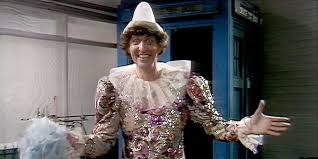
4. Post-Regeneration Recovery/Finding The Hat & Scarf(Robot)
Heading into the regenerative process is frequently perturbing, as would be expected from the moment of fatality that would cause it, but even with that fact well established as the traumatic occurrence that it is, it can be, and has been superseded by the fallout of the matter. There have been explosive regenerations(both literally and figuratively), regenerations that have induced a state of amnesia, and all the chaos in between. However, in contrast to its contemporaries' exuberance and spectacularity, and the extravagant eccentricity of the man that did emerge at the end of its indelible impact, the regeneration from the Third Doctor into the Fourth was relatively tame.
The Doctor swiftly found his feet physically and metaphorically, where after a brief conversation with the Brigadier, Sergeant Benton, Doctor Harry Sullivan and Sarah Jane Smith and fainting and then awakening from his precarious state of perturbation, he jumped to his feet precipitously, and attempted to enter the TARDIS; Much the Doctor Sullivan's pragmatic protest, and lack of amusement at the Doctor's nonsensical, bizarre and surreally off-kilter behaviour:
HARRY: There you are. Now come along, Doctor, you're supposed to be in the sick bay.
DOCTOR: Am I? Don't you mean the infirmary?
HARRY: No, I do not mean the infirmary. I mean the sick bay. You're not fit yet.
DOCTOR: Not fit? I'm the Doctor.
HARRY: No, Doctor, I'm the doctor and I say that you're not fit.
DOCTOR: You may be a doctor, but I'm the Doctor. The definite article, you might say.
HARRY: Look here, Doctor. You're not fit
DOCTOR: Not fit? Not fit? Of course I'm fit. All systems go!
The Doctor acted quite impertinently, especially when soon after, he was presented with the task of deducing what precisely was behind the theft of the valuable UNIT intelligence providing instructions for a disintegrator gun-Robot K1 under commission of the villainous defector, Hilda Winters, who plotted to steal nuclear launch codes to execute a strike upon the Earth, if the governing bodies did not capitulate and adhere to her will. The scene saw him dismiss the imploration of the Brigadier to continue with the essenstial work, in favour of seeking his approval over the monumentally significant garments he would settle upon emblazoning himself with.
It was constructed to establish the frequent whimsicality he would suffuse the series with, and seeing him rummage through the assortment of clothes in his wardrobe, pondering through choices such as Viking warrior armour and even the King of Hearts from a pack of playing cards, before finalising his decision upon the now iconic floppy hat, long coat, trousers with suspenders and the distinguished scarf; While simultaneously conversing with the urgently pressed Brigadier:
DOCTOR: Is something wrong?
BRIGADIER: You've changed.
DOCTOR: Oh, no, not again.
BRIGADIER: No, I didn't mean your face, I meant your clothes.
DOCTOR: Don't you like them?
BRIGADIER: UNIT is supposed to be a security organisation.
DOCTOR: Do you think I might attract attention?
BRIGADIER: It's just possible.
DOCTOR: One moment.
DOCTOR: No? No.
DOCTOR: Well, how about this?
BRIGADIER: Much better, Doctor. Now, if you've quite finished with your wardrobe?
DOCTOR: I'll try again if you like.
BRIGADIER: No, let's settle for that, please. Now, Doctor
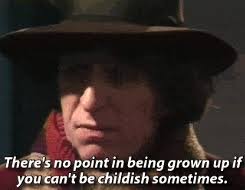
3. What's The Point Of Being All Grown Up?(Robot)
Once the Doctor had configured his coordination and found his bearings, he proceeded to endeavour forth in the plight of defeating Hilda Winters with gusto and determination. He took everything in his stride with a spring in his step, and was remarkably gleeful as he sprung into action, despite the grievousness of the situation. After already being subjected to a skirmish with the titular Robot and emerging triumphant by pouring an orange solution over the giant robot's feet to reduce it to its normal size, the eponymous character of the show was given the reprieve to socialise with his compatriots in the noble ambition, and took the time and consideration to generously make his first offering of a Jelly Baby to his companion, Sarah Jane Smith, who responded with a disregard of the benignity of what had been angled at her, initially:
DOCTOR: Would you like a jelly baby? I had to do it, you know.
SARAH: Yes, yes, I know. It was insane and it did terrible things, but, but at first, it was so human.
DOCTOR: It was a wonderful creature, capable of great good, and great evil. Yes, I think you could say it was human. You know, what you need is a change. How about a little trip in the TARDIS. I'm just off.
SARAH: Wait, you can't just go.
DOCTOR: Why not? It's a free cosmos.
SARAH: The Brigadier
DOCTOR: The Brigadier wants me to address the Cabinet, have lunch at Downing Street, dinner at the Palace, and write seventeen reports in triplicate. Well, I won't do it. I won't, I won't, I won't.
DOCTOR: Why should I?
SARAH: Doctor, you're being childish.
DOCTOR: Well of course I am. There's no point in being grown up if you can't be childish sometimes. Are you coming?
She eventually obliged and took the sweet as she and Harry entered the TARDIS, before preparing to roam out into the vast density of the universe, and concluded the task they had heroically undertaken and also the casual, leisure time they enjoyed in its wake. It was yet another of the fleeting and superficially inconsequential scenes that were completely insignificant at face value, but served a greater purpose through the nuanced undertones of implicated denotations establishing the aura of the Doctor in his new persona, and permitting him the opportunity to provide pearls of wisdom to juxtapose his initial juvenile emission; There is a profound philosophy of life to be extrapolated from the expression of that sentiment, and that is what elevates the appeal of Doctor Who as a whole to its raving fans.
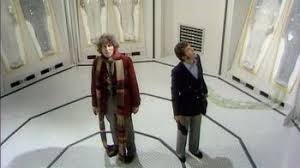
2. Homo Sapiens(The Ark In Space)
As previously alluded to, Tom Baker's Fourth Doctor, both by the sheer mass of the stories in which he starred, and the competent proficiency in which most of the compelling narratives were intricately woven lent themselves perfectly for the conveyance of the most varied, versatile and affecting subtleties and overt displays of the exuberant eccentricity the show and the character had seen to that point. Along with the flamboyant exertions of facetious joviality, reckless impulsions, and recreational joy, there were also moments of sombre and morose contemplation and melancholiness, enraged fury and objecting protest, and profound wisdom.
A prime example of the lattermost was when the Doctor transported himself, Harry Sullivan and Sarah Jane Smith aboard a space station orbiting the stratosphere of the Earth of a wheel and spoke design, ten thousand years in the future from his companions' contemporary time period, he was confronted with the curiosity of why the inhabiting humans had stowed themselves away in suspended animation-It transpired that it was in an attempt to abscond the infectious plague of an alien sentience that as corrupting and inundating the consciousness of the oppressed colonists of the space shuttle, conversing with Harry about the spectacle that stood before them;
DOCTOR: This isn't a mortuary, Harry. Quite the reverse.
HARRY: Reverse? I'd hardly call it a nursery.
DOCTOR: Cryogenic chamber.
HARRY: What?
DOCTOR: Old principle, but I've never seen it applied on this scale. Look at them.
(A short corridor lined with four pods leads into another chamber.)
DOCTOR: There must be hundreds here.
HARRY: Well, when you've seen one corpse, you've seen them all.
DOCTOR: Corpse? These people aren't dead, Harry, they're asleep. The entire human race awaiting the trumpet blast.
HARRY: Dead as a doorknocker.
DOCTOR: Homo sapiens. What an inventive, invincible species. It's only a few million years since they've crawled up out of the mud and learned to walk. Puny, defenceless bipeds. They've survived flood, famine and plague. They've survived cosmic wars and holocausts, and now here they are amongst the stars, waiting to begin a new life, ready to outsit eternity. They're indomitable. Indomitable!
The final soliloquy the Doctor phrased really punctuated his fascinated awe and eternal reverence of the human race as a species, and exemplified the philosophy of never growing complacent and condescending over the fact of his technical superiority, rendering them redundant. He genuinely admired the perseverance that typified them, and his praise was in no way patronising or satirical.
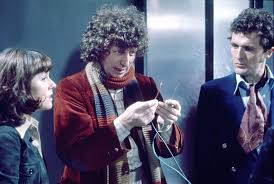
1. "Do I Have The Right?"(Genesis Of The Daleks)
The image of this scene is indelibly and irrevocably indented within the fondly reminiscent hearts, minds and souls of the masses of Whovians, that were stunned to the point of stupefaction over the impregnable morality of the Doctor as he refused the opportunity to exact the execution of a harrowing transgression that would indubitably have the most obversely beneficial ramification for the entire universe. Tasked by the Time Lords to venture to Skaro, the native planet of his most formidably oppressive and tyrannical enemies, the Daleks, he arrived at an instance in the chronology of their history before their very inception-When a war was raging between the Thals and the Kaleds.
The planet was on the brink of devastating catastrophe, and the ever inevitably corruptive trauma of the transpirations provided the impetus for the synthetic construction of the organisms that would be more appropriately characterised as beastly brutes, from the Kaled scientist, Davros, who was hell-bent upon destructive disaster. That was the very precise purpose behind the Doctor's presence there; As the Daleks were conceived as a parallel for the Nazis, and so their creator was an amalgamation of a megalomaniacal Stephen Hawking, and Hitler. And so the Doctor was set the responsibility of preventing the creation of the metallic monsters, as to avert the crisis of the havoc they would proceed to wreak across the entirety of the universe.
The endeavour was almost a consent to mutually assured destruction that would spell doom without doubt, as from the moment of arrival, they were put through the onerous burden of looming beleaguerment constantly directed at them, or inadvertently imposed upon them collaterally via the warring continuously eventuating. But, despite conspicuous trepidation that lead Davros to take precautionary action against the seemingly clairvoyant Doctor, it came to a head when the protagonist found himself in possession of to strands of wire which, if contacted with one another, would exterminate the production facility of the great exterminators.
It explored the prevalently discussed moral dilemma, posited in consideration of whether, given the opportunity to kill Hitler before he spearheaded the Holocaust, it would be plausibly virtuous. Killing a killer does maintain the same number of killers within the world, after all. As already investigated in The Pirate Planet, the occasionally dubious morality of the Fourth Doctor was reassured with stability and a defiance to any capitulation. The very potential implications of performing such a deed were atrocious at the very least, and the Doctor made his awareness of that lucid through his contemplative oration when confronted by the quandary:
SARAH: What are you waiting for?
DOCTOR: Just touch these two strands together and the Daleks are finished. Have I that right?
SARAH: To destroy the Daleks? You can't doubt it.
DOCTOR: Well, I do. You see, some things could be better with the Daleks. Many future worlds will become allies just because of their fear of the Daleks.
SARAH: But it isn't like that.
DOCTOR: But the final responsibility is mine, and mine alone. Listen, if someone who knew the future pointed out a child to you and told you that that child would grow up totally evil, to be a ruthless dictator who would destroy millions of lives, could you then kill that child?
SARAH: We're talking about the Daleks, the most evil creatures ever invented. You must destroy them. You must complete your mission for the Time Lords.
DOCTOR: Do I have the right? Simply touch one wire against the other and that's it. The Daleks cease to exist. Hundreds of millions of people, thousands of generations can live without fear, in peace, and never even know the word Dalek.
SARAH: Then why wait? If it was a disease or some sort of bacteria you were destroying, you wouldn't hesitate.
DOCTOR: But I kill, wipe out a whole intelligent lifeform, then I become like them. I'd be no better than the Daleks.


